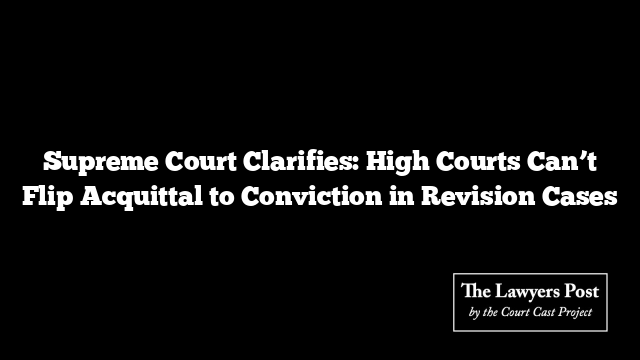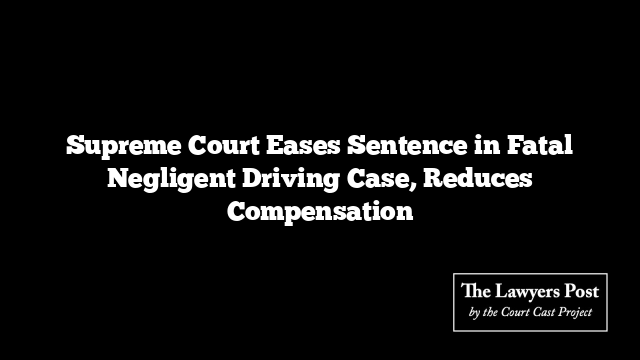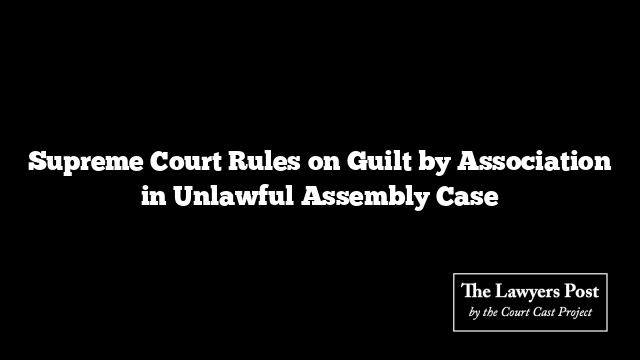In a critical interpretation of the law, the Supreme Court has ruled that High Courts, while exercising criminal revision jurisdiction under Section 401 of the Criminal Procedure Code (CrPC), do not possess the authority to convert an acquittal into a conviction. This significant ruling came in a case involving a cheque dishonor, where the High Court had overturned an acquittal to a conviction without remanding the matter for further evaluation by the appellate court.
The bench, comprising Justices Hrishikesh Roy and S.V.N. Bhatti, stated that if a High Court finds an acquittal to be unjust, its proper course of action is to send the case back to the appellate court for re-examination, rather than directly reversing the acquittal. In the case at hand, the High Court had bypassed this procedure and directly convicted the accused, a move deemed improper by the Supreme Court.
The legal issue arose from a complaint filed under Section 138 of the Negotiable Instruments Act, 1881, which led to the appellant’s conviction by the trial court. This conviction was later overturned on appeal, acquitting the accused. However, when the case reached the High Court on revision, the acquittal was reversed once more, leading to a conviction without the case being remitted back to the appellate court for a fresh review.
Citing Section 442(3) of the BNSS (similar to Section 401(3) CrPC), the Supreme Court reinforced that the High Court, while reviewing cases in its revisional jurisdiction, cannot convert an acquittal into a conviction. The Court found the High Court’s approach unsound and ruled that the case should be returned to the appellate court for reappraisal of the facts.
The Supreme Court has now ordered both parties to appear before the Additional District and Sessions Judge at Bengaluru Rural District within four weeks for a fresh decision, ensuring that the appellate court takes all arguments into consideration before arriving at a conclusion.





